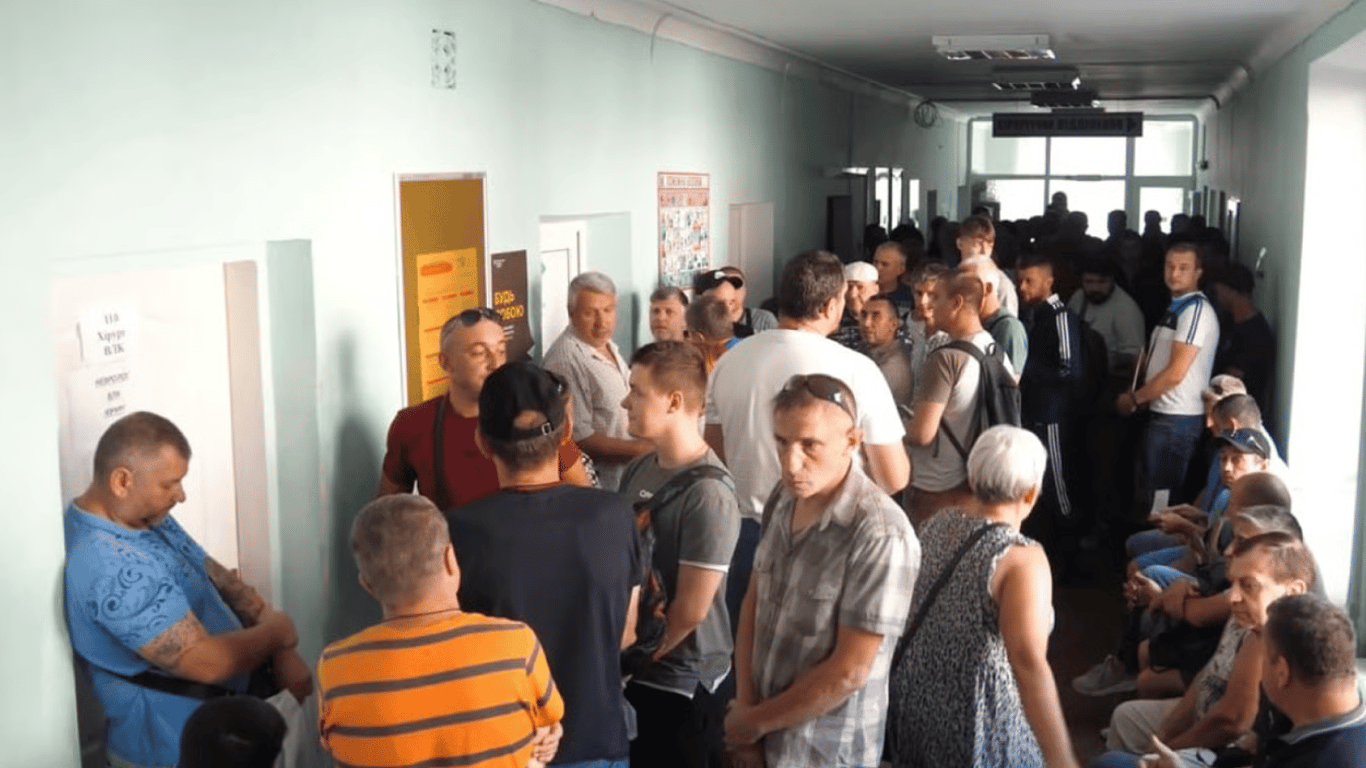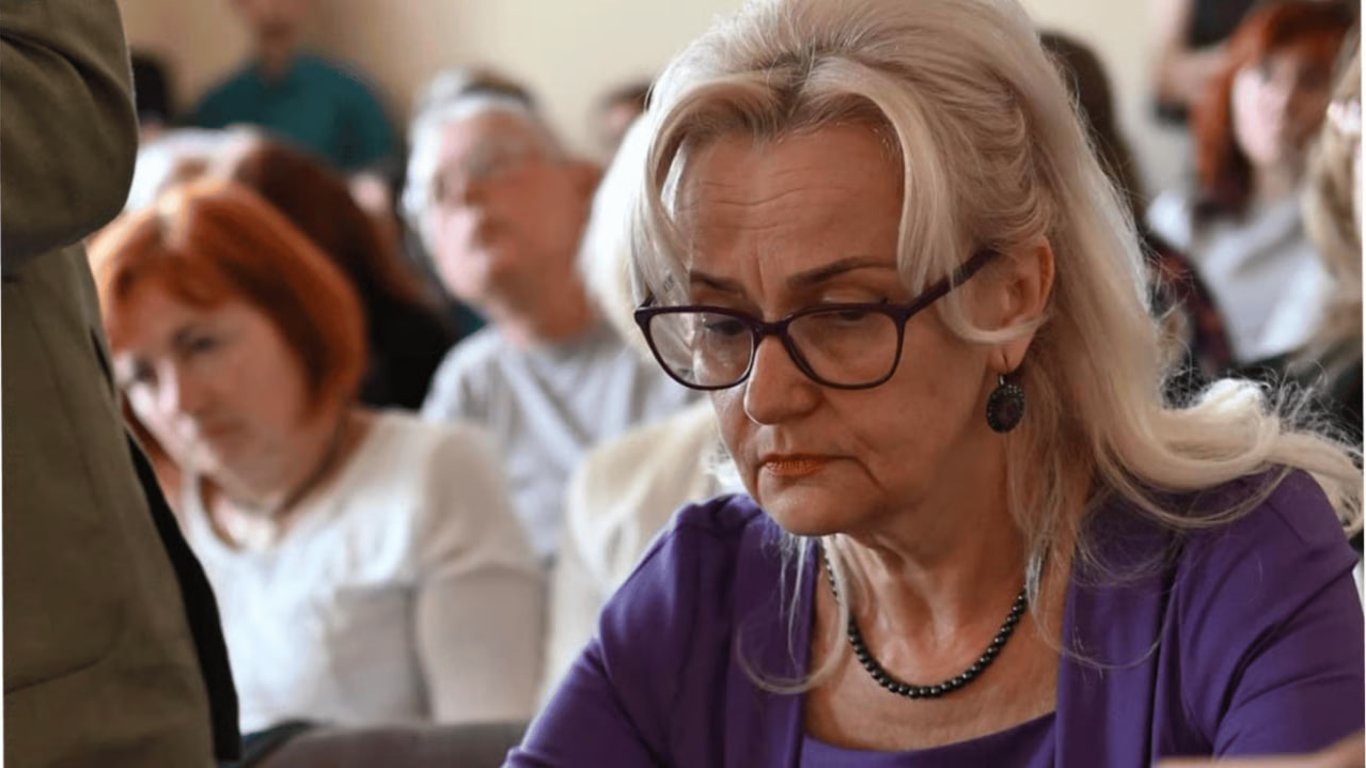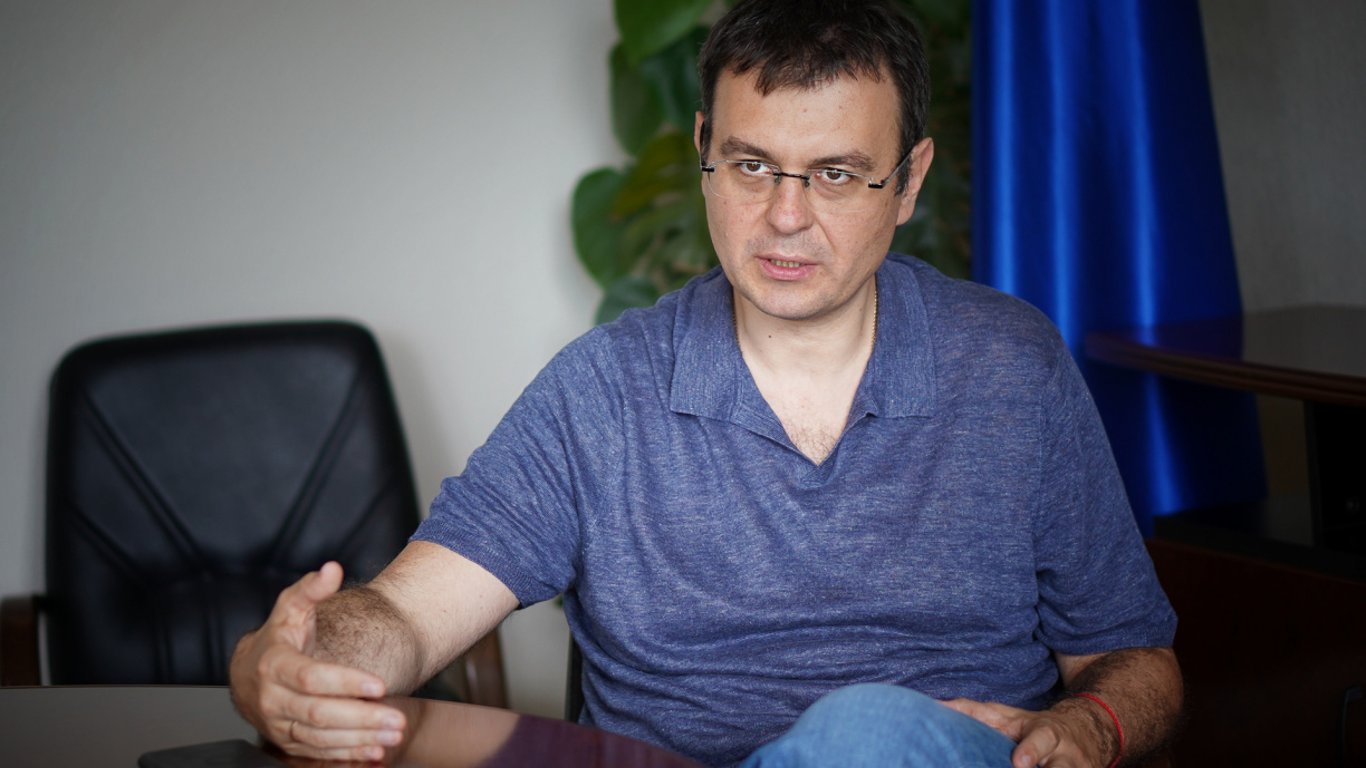Ukrainian biomethane could potentially replace Russian gas in the EU market.


The participation of the Deputy Minister of Energy of Ukraine Mykola Kolissnyk in the annual Ukrainian Energy Security Dialogue conference, dedicated to pressing issues of energy security in Ukraine and the European region, is proof that Ukraine is actively integrating into the European Union. Kolissnyk noted that Ukraine is moving towards renewable energy and alternative sources of energy, which is a requirement of the EU. Speaking at the discussion 'Energy security and climate goals: synergy or contradiction', he emphasized the necessity of ensuring synergy between these goals. Also, European Commission representative Yolanda Garcia Mesquita confirmed that the EU will continue to assist Ukraine in harmonizing legislation regarding natural gases, as this is important for exports, particularly biomethane.
Mykola Kolissnyk expressed the view that Ukrainian biomethane could potentially replace Russian gas in the EU market in the future. He also thanked the representative of the European Commission and her colleagues for supporting Ukrainian energy on the path to eurointegration.
During the conference, issues of decarbonization of energy, development of renewable energy sources, distributed generation, and energy storage systems were also discussed. Mykola Kolissnyk emphasized that Ukraine has significant potential in wind and solar generation, as well as in geothermal technologies. The Ministry of Energy is working on forming energy independence passports for regions, taking into account the characteristics of each area with the aim of further developing renewable energy and distributed generation.
Read also
- Reinstated to Military Registration at a Different Recruitment Center — Where to Turn
- Trump considers supplying Ukraine with long-range JASSM missiles - media
- Umerov met with Kellogg — topics of discussion
- In Lviv, they will immortalize the memory of Iryna Farion - what will appear
- Tax Benefits for Military Individual Entrepreneurs - Hetmancev Explained the Algorithm
- Trump reacted sharply to the question about new Russian attacks on Ukraine









